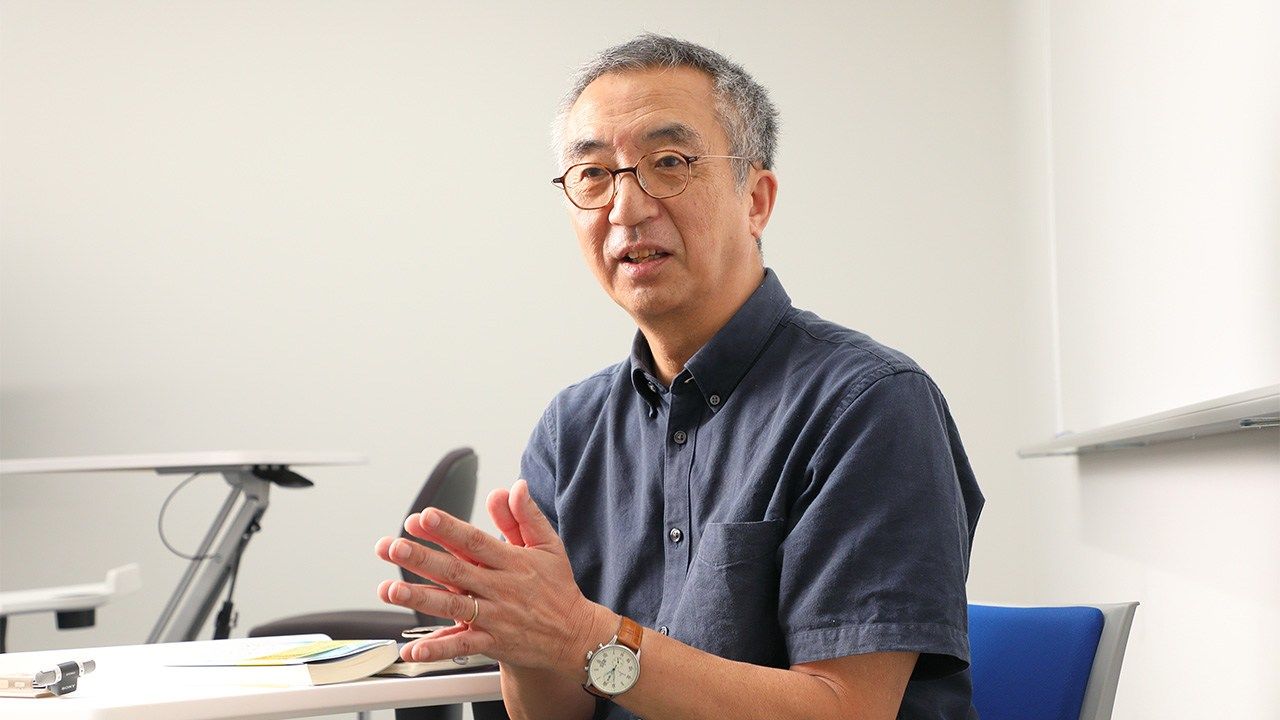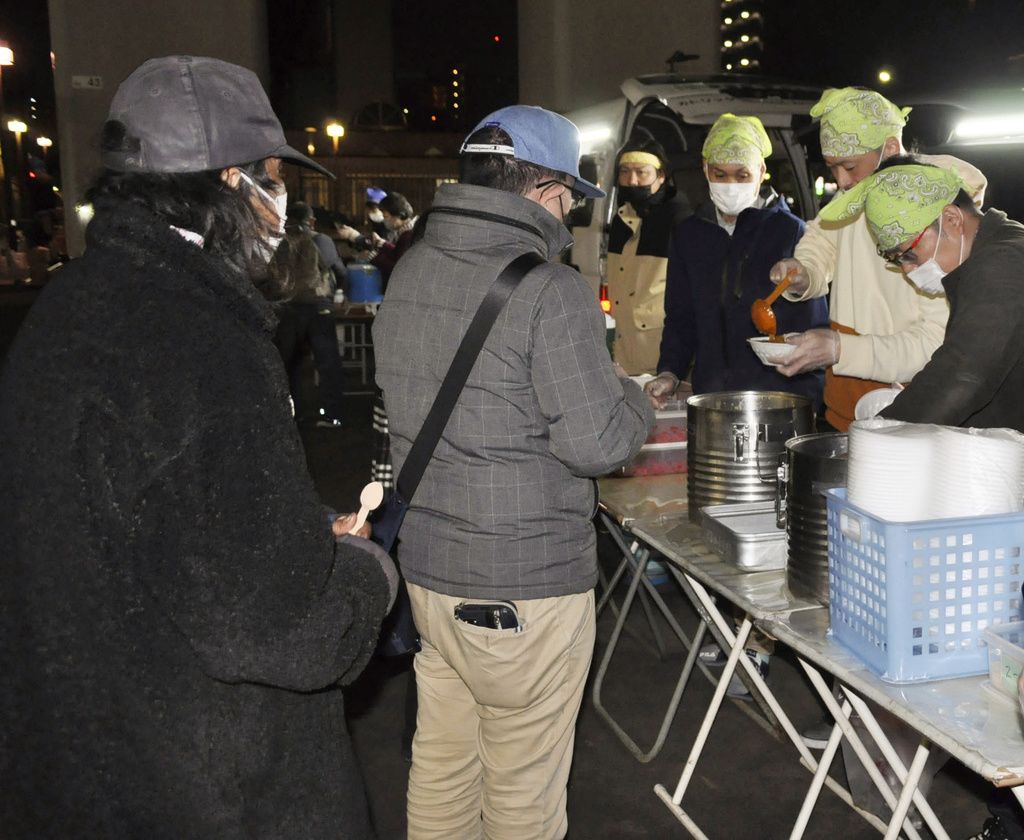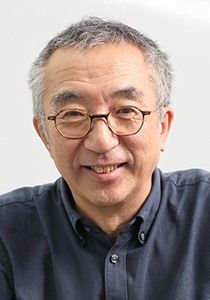
Poverty a Dead Political Issue in Increasingly Divided Japanese Society
Work Economy Politics- English
- 日本語
- 简体字
- 繁體字
- Français
- Español
- العربية
- Русский
End of the Era of Plenty
In the years 2006 to 2008, even before the failure of Lehman Brothers that marked the beginning of the global financial crisis, we saw the first clear signs of visible poverty in Japan since the high-growth postwar period. The crisis gave rise to haken-mura—tent villages (mura) formed by unemployed haken, or temporary, workers who found themselves homeless over Christmas and New Year. The illusion of Japan as a country where everyone is middle class came tumbling down. Later, in 2020–21, amid the COVID-19 pandemic, the poverty rate shot up again. Struggling students, as well as women who could not afford feminine hygiene products, talked about poverty in viral social media posts. To this day it is not unusual for hard-up students to work several jobs and use student loans to cover their living expenses.
Job security for nonpermanent workers has continued to be an issue after the end of the global financial crisis. Nowadays, rather than being employed by companies on an ongoing basis, an increasing number of workers work a series of fragmented “gigs,” with no guarantee that they will have a job to go to tomorrow. Others, like Uber Eats delivery staff, are not protected under labor law, despite effectively being employees. The staff who give out free product samples in department stores are often employed on fixed-term contracts, and laid off as soon as the economy falters. You really get the sense that the number of people without job security is increasing invisibly.
The Tokyo charity Moyai operates a soup kitchen next to the offices of the Tokyo Metropolitan Government in Shinjuku. Since summer 2024, long queues have formed outside the kitchen. In addition to what appear to be homeless people, many who line up are in their twenties and thirties, including many women, some with children. You really get the feel that poverty has gotten significantly worse, exacerbated by inflation.

A soup kitchen operating in a park in Nagoya, Aichi Prefecture. (© Kyōdō)
Poverty and Political Spaces
During the global financial crisis, there were calls in Japan for poverty to be tackled as a social issue. However, when former Prime Minister Abe Shinzō derided this approach as a “legacy” of the 2009–2012 Democratic Party of Japan government, it caused the word “poverty” itself, and the approach of understanding society in terms of this lack of wealth, to be labelled as a “far-left” conceptualization.
Amid growing calls for low-income earners to be self-reliant, even the “final safety net”—the institution of welfare itself—came under attack, and some who were struggling financially said they would rather die than accept welfare. This led political parties to more or less stop using the word “poverty” in their messaging. It is a pity that what is supposed to be a universal idea has been tarnished by political bias.
Both government and opposition parties recognize to an extent that many people either live in poverty or feel unable to ask for help in the face of rising prices. However, in the runup to the recent election, no candidate proposed a clear solution to this issue, or said specifically what should be changed, or how. We need politicians who are better able to express what needs to be done to combat poverty. If political figures, be they from the right or the left, would say in plain terms that they are going to reduce income inequality, and give us a vision for political change, I believe things would get better.
Poverty and Social Media
Recently, there has been a spate of cases in which elderly victims have been attacked by assailants who were hired through online “job ads.” The difficulty that many living in poverty face in their desire to earn enough money to get by causes some to fall for such ads, which promise easy money for accepting dodgy work, causing the applicant to engage in criminal acts.
Social media is a place where users with common interests come together and share views, but individual groups tend to be isolated from each other. Possibly because real-life interaction has become rarer, we now find ourselves in a “dog-eats-dog” world, where one has to fight to survive. Words like “collectivism” and “solidarity” are relics of the past. Japan is on its way to becoming a divided society, like many in the West.
Take politics, for example. We are witnessing a phenomenon whereby politicians have done well in elections despite common sense telling voters and other observers that they are doing wrong. The existence of organizations that spread racist ideologies shows how society has changed fundamentally.
If this is to change, the restoration of the public sphere will be key. The civic philosophy of improving society as a whole, rather than focusing on individual responsibility, is retreating. Taxation and social redistribution are very important issues. However, there are few forums for those in the community—particularly younger people—to learn the importance of these values.
(Originally written in Japanese based on an interview by Mochida Jōji of Nippon.com. Banner photo: Poverty in Japan has been on the rise since the global financial crisis, according to Mizushima Hiroaki. © Hanai Tomoko.)

